You will need to select a keyword match type to bid for a keyword in a pay per click advertising campaign. The keyword match type informs Google how assertively or narrowly you would like your ads to match keyword searches.
In Google AdWords, you can select from four main keyword match types. In this learning exercise, you will become familiar with the keyword matching options, as well as learn about their differences, and, finally, why they are central to having successful Pay-per-click ad campaigns.
The Four Google AdWords Keyword Match Types
You can use any of four keyword match types when writing a AdWords text ad for a PPC campaign. The options include broad match, modified broad match, phrase match, or exact match. There are both benefits and drawbacks when using each type.
How Broad Match Types Work
To reach the biggest audience, you should use the broad match, which is the default match type. For broad matches, your ad will be visible when a user’s search query has any of your keywords in any order.
For instance, an ad set up for a broad match using the keyword phrase “cheap laptop” will be visible when a user enters “cheap laptops” “gaming laptops” or “laptop computer bags” Your ad could also be matched to search queries by syllables. For example, if someone searches for “low-cost notebooks” it is possible to get matched even though the search query doesn’t contain any of your keywords.
According to Ege Marketing, if you are looking to drive a lot of clicks to your site, broad matched ads, the default match type, are the best way to do it. But you have to be careful when you use a broad match.
They are designed to reach the biggest audience that’s possible. But you have to remember that if someone is querying a topic that is not relevant to your topic, and clicks on your ad, this will cause your advertising costs to increase very quickly.
So despite the fact that you can get more traffic with broad matches, you should be careful and monitor your search query reports closely to make sure you are not paying for a lot of irrelevant traffic that will never be converted. For instance, read these Google ads that appear from the search query “cell phone batteries”:
Here’s Google search results for the search term “cell phone batteries”.
Look closely and you’ll see three ads are marketing “cell phone batteries” while one ad is marketing different kinds of batteries. These are not pairing up well with the intent of the search query. Here’s a tip to prevent irrelevant matches: select negative keywords in order to eliminate your ads from appearing on search queries that are not relevant to your business.
Using the Modified Broad Match in AdWords
AdWords allows you to modify your broad matches so you have a lot more control. As defined by Adwords, a Modified broad match is a combination between a standard broad match and a more restrictive match type as described below.
A modified broad match lets you to reach the same kind of broad audience, yet it gives you enhanced control over who can view the ad by using the “+” parameter to “lock” specific words in a keyword phrase. When your keywords have the “+” sign inserted in front of it, this indicates to Google that the search query has to have that specific term.
| Keyword | Match Type | Potential Matches |
| +Office Chairs | Modified Broad Match | office chairs, office furniture, used office desks |
| Office +Chairs | Modified Broad Match | office chairs, mesh fabric chairs, ergonomic task chairs |
Let’s go through an example to illustrate the modified broad match. Let’s say you set up the keyword “office chairs” as a modified broad match in AdWords. When you add the “+” parameter before the word “office”, you are telling Google that you only want to match your ads to people who have queried with the word “office”. Now, if you do a modified broad match by adding a “+” parameter before the word “chairs”, you are telling Google that a search query has to include “chairs” before your ad can appear and be part of the auction.
Using the Phrase Match Type in AdWords
The phrase match type is another type of keyword match type in AdWords. Phrase matches have some similarities to the modified broach match, such as flexibility, but they also give you more control than broad matches. When you set up a phrase match, you are requiring a search query to match the order of your keywords exactly. However, the match may still occur if different words appear before or after your keyword phrase.
Let’s go through an example of a phrase match. Let’s start with the keyword phrase “dog supplies”. For this keyword phrase, you will get search query matches for the following keyword phrases: “dog supplies”, “discount dog supplies”, or “dog supplies sale”. But you wouldn’t get a match for these search query phrases: “dog food”, “dog pet supplies”, or “supplies for dog”. The benefit of a phrase match is flexibility since the query can include other words before or after your keywords. Phrase matches still let you drive a lot of traffic to your site.
Using the Exact Match Type in AdWords
The next type of keyword match type in Adwords that we will consider is the exact match. The exact match type is the most targeted and narrowly focused of all keyword match types. Ads set up as exact matches will only appear in search queries when they are identical to your keywords.
Let’s now consider an example of an exact match. If you select as your keyword phrase, “red party dress”, the only time your ad will appear in the search query results is when “red party dress” was the search phrase because the search query and your keywords are identical. The ad will not appear in near matches such as “party dress”, “red dress” or “inexpensive red party dress”.
Exact matches have advantages and disadvantages. The primary advantage of the exact match is that there is a greater likelihood of the user purchasing your product or service when the both of you have exact keyword match types. Exact matches generally mean that you will have lower ad costs and higher conversion rates. The disadvantage of exact matches is that they are so targeted that you will get lower search volume, fewer overall impressions and less traffic.
What Impact Do Match Types Have on AdWords Results?
The performance of your AdWords account can very well depend on how well you use match types. By using them strategically, you can control precisely the search queries for which you are bidding. To use match types to your advantages, you should consider the following:
- Performance to Date
- This helps you find out how keywords or keyword phrases have previously performed. By know this you will obtain insights into the best match types for you, which will help you get the maximum return on your investment.
- Competitors
- This tells you how your competitors are bidding on specific search terms, as well as how they are organizing their campaigns. Knowing how your competitors have performed in the past can have a major effect on what kind of return you will get from specific match types.
- Bids
- Advertisers use a lot of different ways to control bids. They also will bid higher or lower based on a specific match type. So, the cost per click and the cost per conversion will be highly affected by bids. Therefore, the match type can have a major impact on what type will work best for you.
- Ad Text & AdWords Account Structure
- One of the common techniques used by advertisers is to focus on a “money” keyword and employ it on all match types –- broad, phrase and exact match types. Also, they may segment these match types and write targeted ads for each one. So, how an advertiser structures his account can have a huge effect on the different match type performance.
It is vitally important that you optimize AdWords match types when you use them because they are the means to reach your specific audience while at the same time preventing you from spending money on clicks that are not relevant to your business.
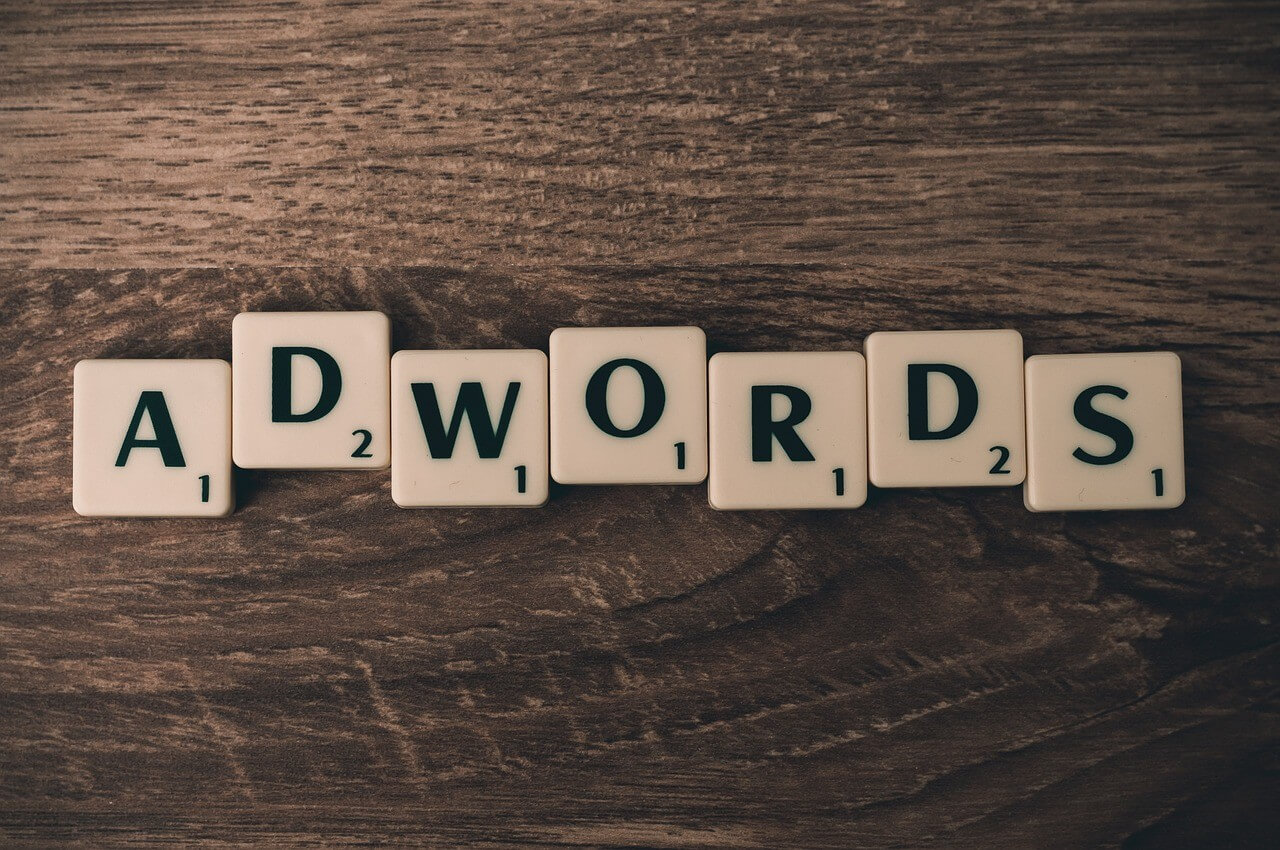
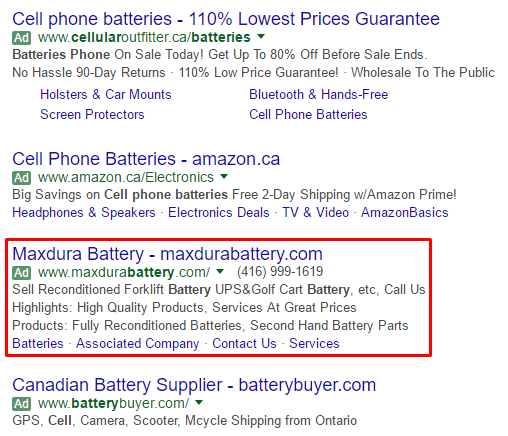
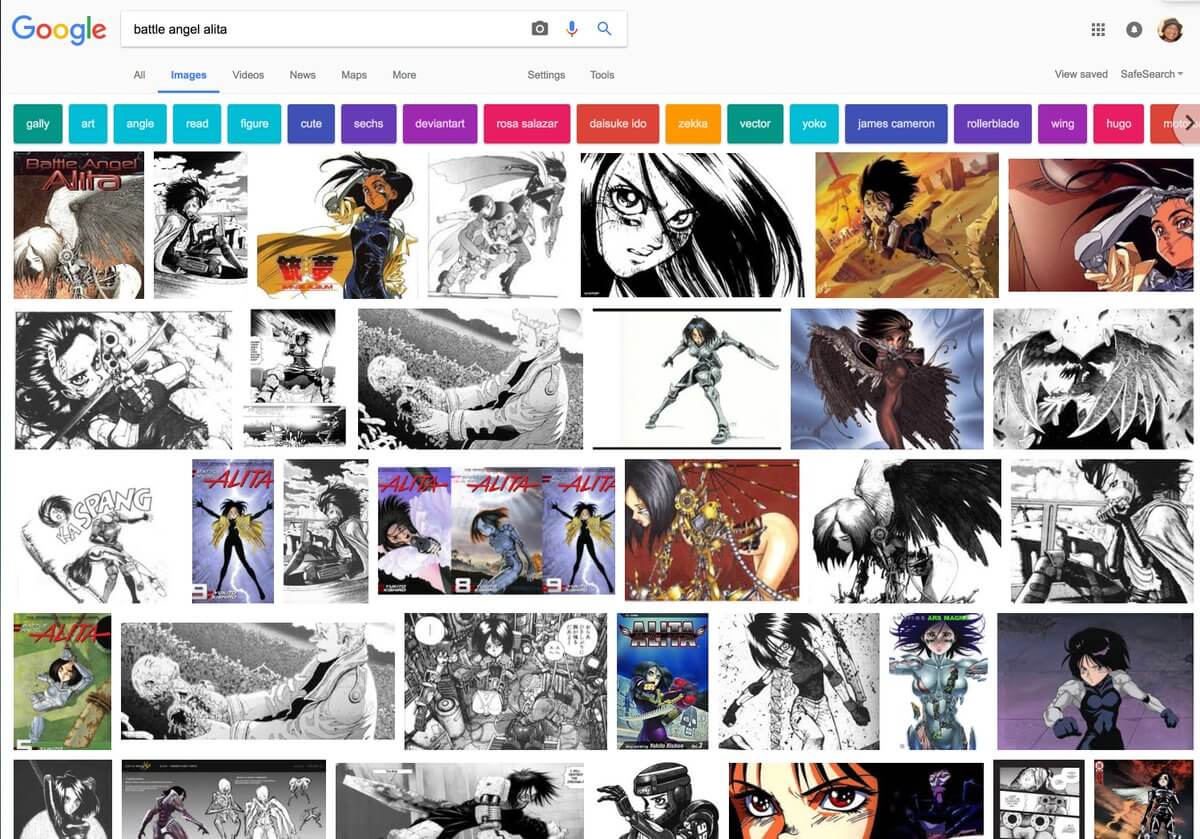
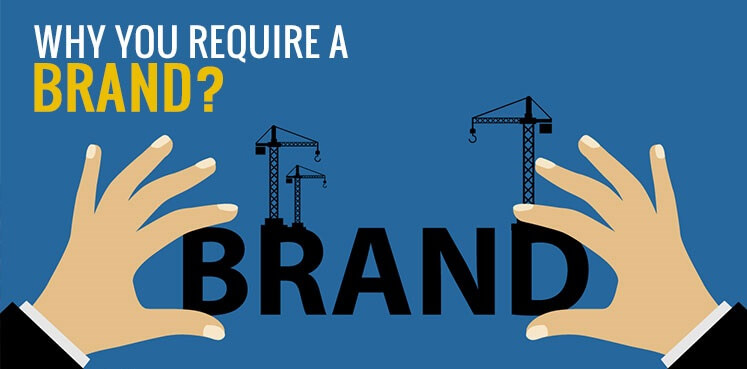


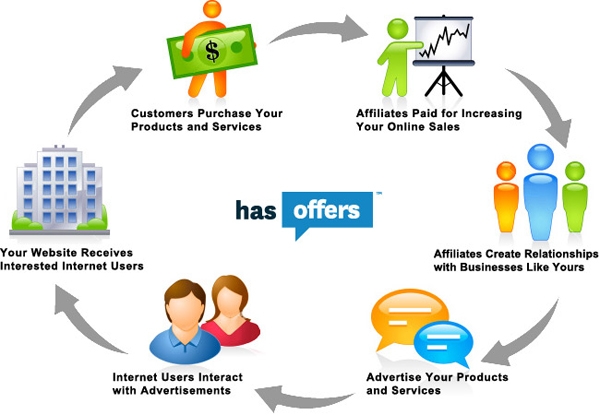
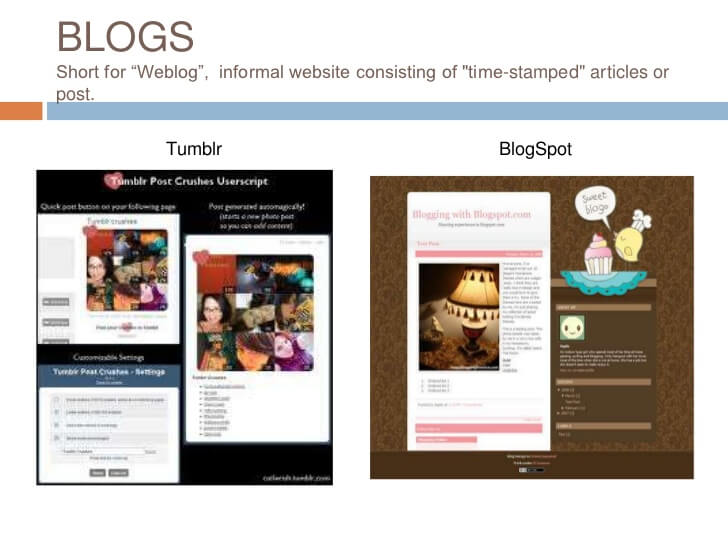

One comment
Hi James
I was searching for adwords keyword match type but was not able to find any helpful solution. I am glad i came across your website. Thanks for helping me out.
Comments are closed.